The Butterfly Effect: Facing Our Darkness
One woman recounts the cruelty behind the Rwandan genocide and the need to help the countless orphans left in its wake.
Facing Our Darkness
The butterfly effect is a metaphor for the concept that small, seemingly insignificant events — like the fluttering of a butterfly's wings — can produce tremendous and unanticipated consequences. In this blog, Zainab Salbi, the founder of the humanitarian group Women for Women International, explores the often untapped and underappreciated capacity of women around the world to cause major and lasting change for good.
Read Zainab's previous blog post here.
I was just in Rwanda, where I decided to visit an orphanage that Alice Walker, Partihba Parmar, and I visited about three years ago. And though it is physically very different from the site of churches where massacres happened in Rwanda, both the orphanage and these churches have their own haunting stories. And every time I visit either site, I learn one more thing about the cruelty of humanity and human darkness, a darkness that is part of each one of us and does not only reside, as is often thought, in the depth of Africa or the Middle East or other parts of the world. The question is: How often do we acknowledge our own, individual darkness?
During the genocide in 1994, the orphanage, which is owned and run by a Hutu family, sheltered about 400 women and children, who were mostly Tutsis running away from the killings of extremists Hutus. They hid the women during the genocide, as they were more vulnerable to killings as adults, although every Tutsi or moderate Hutu was not safe from the massacre, even if they were only one-month-old babies. I had heard many eyewitnesses in Rwanda talk about how the babies were thrown or their heads knocked against the wall over and over again in order to kill them. Everyone was an enemy then, and no one was spared.
After the genocide, there were more than 500,000 orphans in the country, with limited orphanage capacity to take care of them. The country was in shock not only at what happened to the children, but also at how to take care of them when there was so much killing, displacement, and so many single heads of households were at the time just kids. So there was a public encouragement for people to adopt as many children as they could, and they did. At least half of the women I know in Rwanda have adopted a child. There were those who had surviving children but thought one more child will not make much difference, and there were those who lost all their children in the killing and ended up adopting more than they started out with. I remember in one of my first visits to the country, I met a woman who had seven of her children killed, so she ended up adopting seven children and lived with them in a small home she built in a model village called the Mandela Village. I remember her and her home so very well, even though it's been more than 13 years since I visited her. It was like wounded souls all gathering under one roof and helping each other in their trauma and in the pain of their loss and what they witnessed from the horrors.
Sixteen years after the genocide of Rwanda, the orphanage still has its horrifying stories, albeit different from the stories of the genocide. The orphanage is a decent orphanage. Kids of all ages live in it, from two years old to 24 years old. The older ones try to leave but are too afraid of the outside world so they keep on coming back to their home, the orphanage. The younger ones are still processing their new home and trying to come to terms with why they are in it.
Stay In The Know
Get exclusive access to fashion and beauty trends, hot-off-the-press celebrity news, and more.
There was Naomi and her sister, who arrived at the orphanage about a year ago. Their mother had locked them in a room and left. They were found by an elderly relative who brought them to the orphanage. I was dumbfounded to hear the story. To be abandoned by anyone in the world, including a father, is one thing, but to be abandoned by a mother is quite another thing, I kept on telling myself. It was a feeling and a pain that I had once experienced for years in my life when I thought my mother had abandoned me, and it took me years to understand her reason and to forgive her and love her so deeply. Seeing Naomi and her sister brought back the same feeling of pain. I don't know how to explain it. It is an ache of the heart. When Naomi saw me take pictures of her, she quickly went and changed into a beautiful red shirt and came back, held my hand and kept on saying "I love you." Her youngest sister is still recovering from malnutrition and under-growth.
Then there was Ruth, a 17-year-old young woman who arrived at the orphanage five years ago with her siblings. Her mother had passed away, and besides her siblings, she was the only living member of her family. She didn't know who her father was. The priest of the neighborhood brought her to the orphanage and passed away shortly after. Ruth had dreams. She wanted to be a "doctor to help women," as she says it. But her dreams are on hold at the moment. She is ill. She has a "web" squeezing her brain, and unless she has an operation, she can't read or have any consistent movement with her hands. Ruth wants to be healed. When I asked her what message she has for the world, she said, "Tell them I am an orphan, I am sick, and I want to dedicate my life to helping vulnerable people around me." When I asked her what has kept her going in life despite the challenges she has had to face, she said: "What kept me going is hearing other people's testimonies of what they have been through and how they have triumphed over the challenges." With a beautiful swift moment, my colleague from Congo, who was visiting Rwanda, took Ruth's head and we all circled around her and joined her in prayer, and held Ruth. Everyone cried. Everyone prayed. But the truth is we know we need someone to sponsor Ruth and make it possible for her to get the operation she needs, and we didn't know if we can make that happen.
We could hear drums of a drumming and dancing class that was taking place in the background, as we had our encounter with Ruth, Naomi, and so many other kids. There was the kid with a slight mental handicap who kept holding on to the arms of another colleague and insisting she take her bracelets as the orphan's gift to the strange woman who did not want to let go of her hand. When we finally had to leave, the sun was setting and there was silence in our hearts.
Each one of us left with a story that we had witnessed in that orphanage, without committing to do something about it. Ruth, Naomi, and the many other kids who were holding hands, or playing, or silently sitting by themselves, witnessed yet another set of strangers visiting yet another set of orphans and doing nothing to change their lives. I know that one can say that, through Women for Women International, we are helping more than 8,000 women on a monthly basis, in the country of Rwanda alone. One can also say that, yes, we will do some project with the orphans and have them come to our women's centers to dance or do a project where they can learn to earn an income and stand on their own feet. One can say that we are trying our best and that we have to focus on the 8,000 women we are helping, and not get distracted. But is this enough? Does it justify our own silence vis vis these orphans?
You see, I think many people see the best in themselves. And if you are working on a humanitarian mission and dedicate your life to it, you and many others also see the best in you. I often get compliments from strangers about how wonderful the heroic work I do is, and how kind I am. It is very hard. It is very, very hard to face that darkness in our own hearts. The darkness that starts with as little as knowing the dark part of human emotions we can hold — be it lack of generosity, selfishness, jealousy, or insecurity. The darkness that happens when we see something that one could do something about, but it would come with a sacrifice — sometimes a big sacrifice — and sometimes one is just too tired to acknowledge and address it, so one just moves on and ignores the problem. This is not confined to Rwanda only, or the extremity of seeing the orphanage. It is everywhere. How many times do we face these feelings, these realities, these injustices that we can do something about, but choose to ignore, in our own backyards? In our own, daily life in the comfort of America? How many?
Dedicated to women of power, purpose, and style, Marie Claire is committed to celebrating the richness and scope of women's lives. Reaching millions of women every month, Marie Claire is an internationally recognized destination for celebrity news, fashion trends, beauty recommendations, and renowned investigative packages.
-
 Jennifer Lopez's Free People Shout-Out Is Going Viral
Jennifer Lopez's Free People Shout-Out Is Going ViralBut not for the reasons you'd expect.
By Halie LeSavage
-
 James Middleton Shares Why He Was "Breathless and Flustered" During Meeting With Queen Elizabeth
James Middleton Shares Why He Was "Breathless and Flustered" During Meeting With Queen Elizabeth"I heard a snort of laughter and looked past the Queen to see everyone in the room stifling their giggles."
By Kristin Contino
-
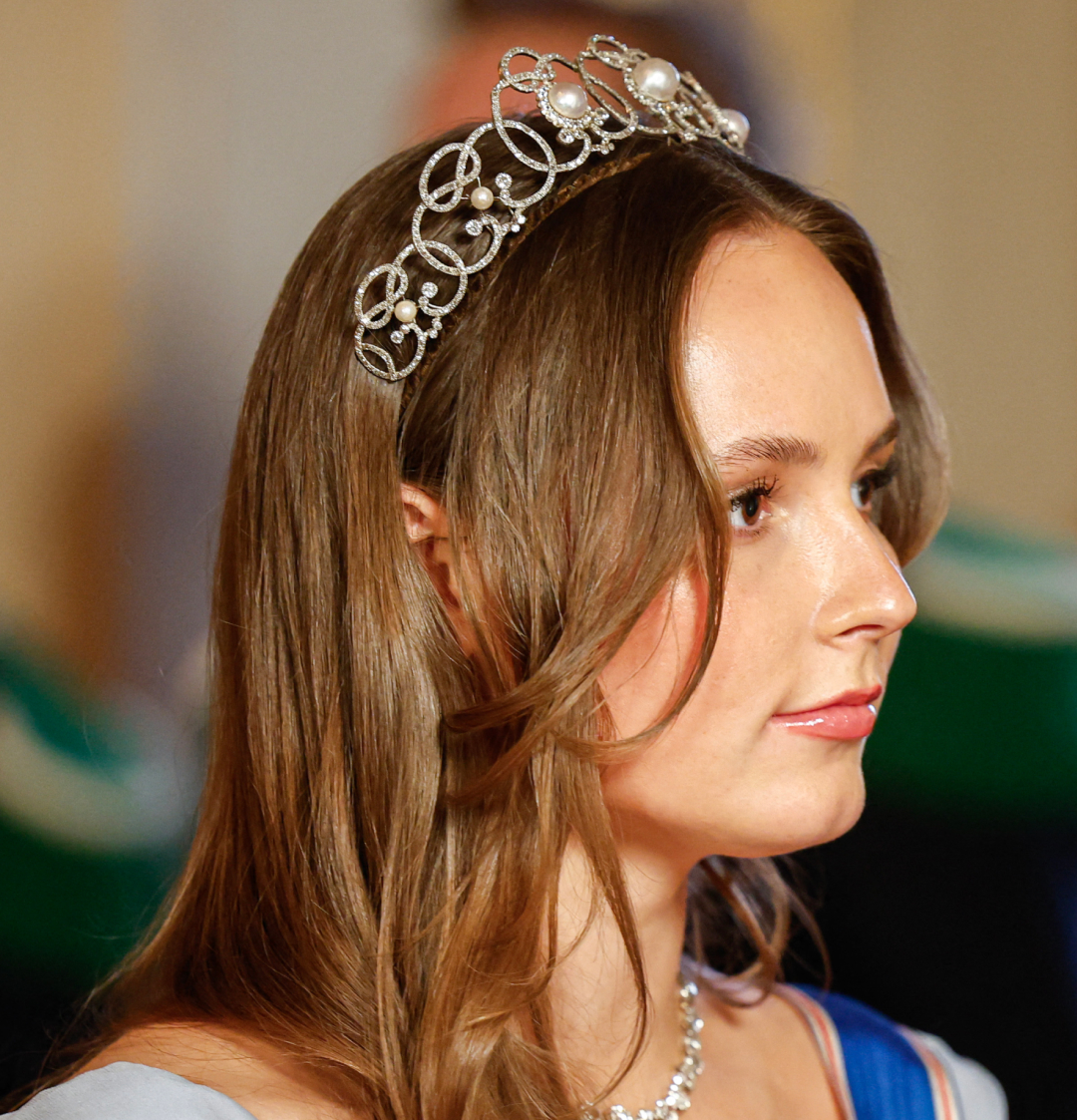 This Modern Princess Will Break a 600-Year-Old Tradition When She Takes the Throne
This Modern Princess Will Break a 600-Year-Old Tradition When She Takes the ThronePrincess Ingrid Alexandra of Norway will follow in a long-ago ruler's footsteps.
By Kristin Contino
-
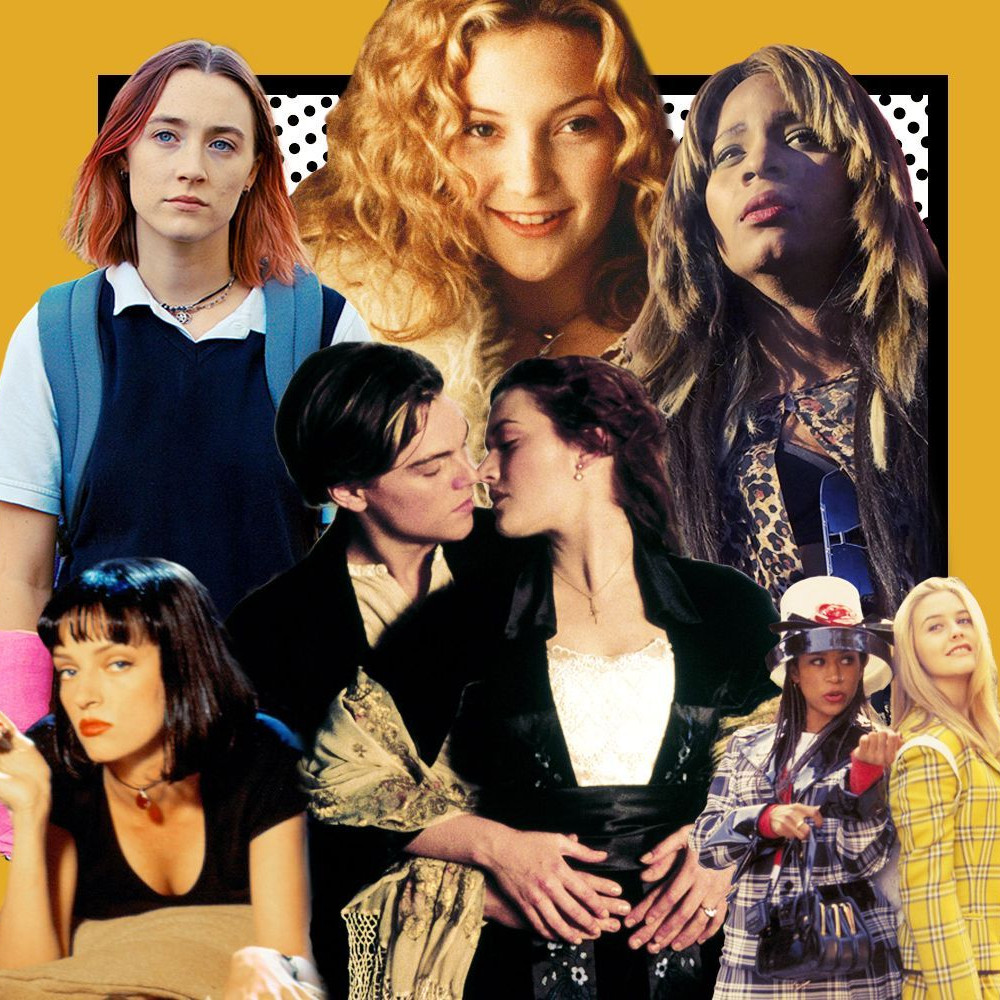 The 100 Best Movies of All Time: The Ultimate Must-Watch Films
The 100 Best Movies of All Time: The Ultimate Must-Watch FilmsWe consider these essential viewing.
By Quinci LeGardye
-
 The Best Bollywood Movies of 2023 (So Far)
The Best Bollywood Movies of 2023 (So Far)Including one that just might fill the Riverdale-shaped hole in your heart.
By Andrea Park
-
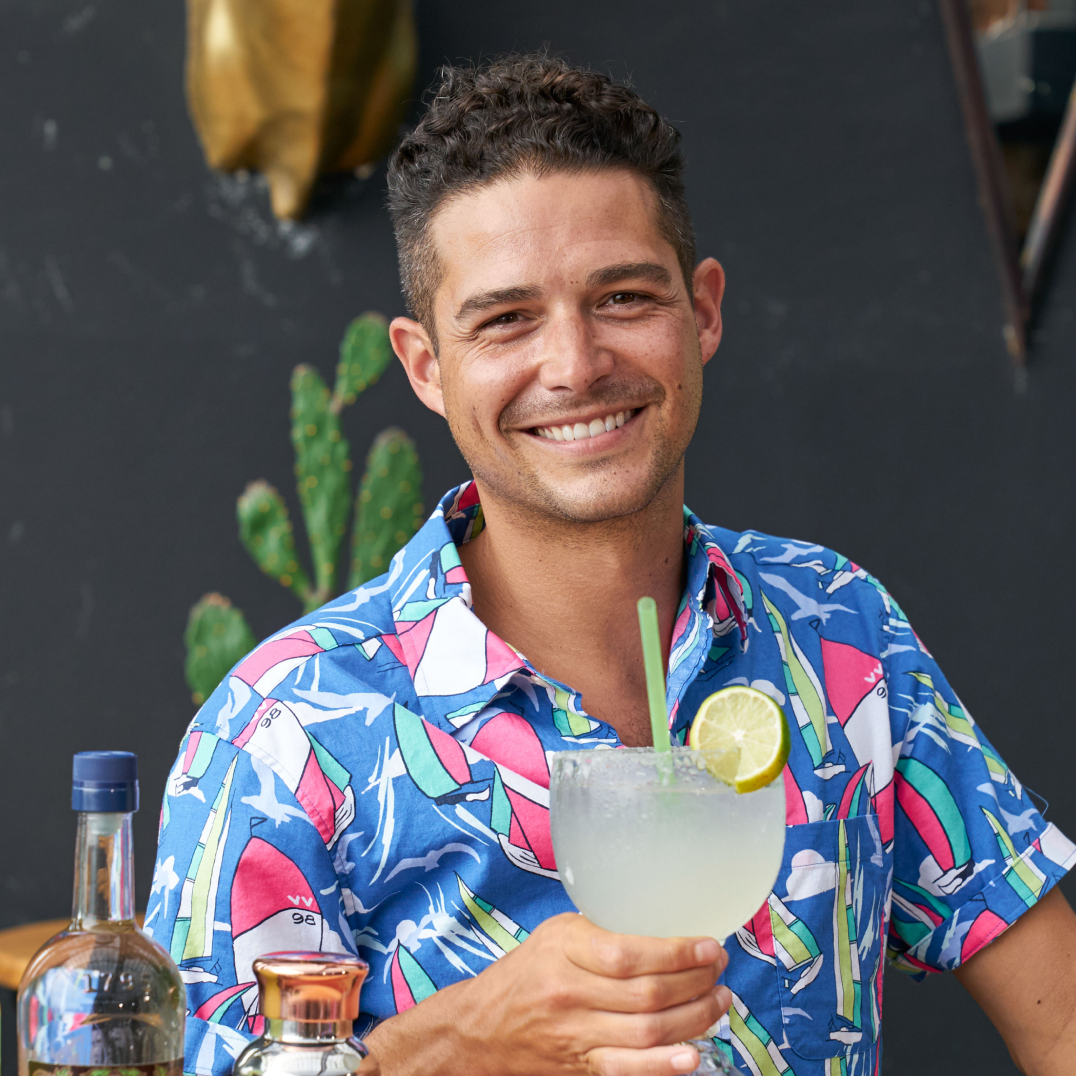 ‘Bachelor in Paradise’ 2023: Everything We Know
‘Bachelor in Paradise’ 2023: Everything We KnowCue up Mike Reno and Ann Wilson’s \201cAlmost Paradise."
By Andrea Park
-
 Who Is Gerry Turner, the ‘Golden Bachelor’?
Who Is Gerry Turner, the ‘Golden Bachelor’?The Indiana native is the first senior citizen to join Bachelor Nation.
By Andrea Park
-
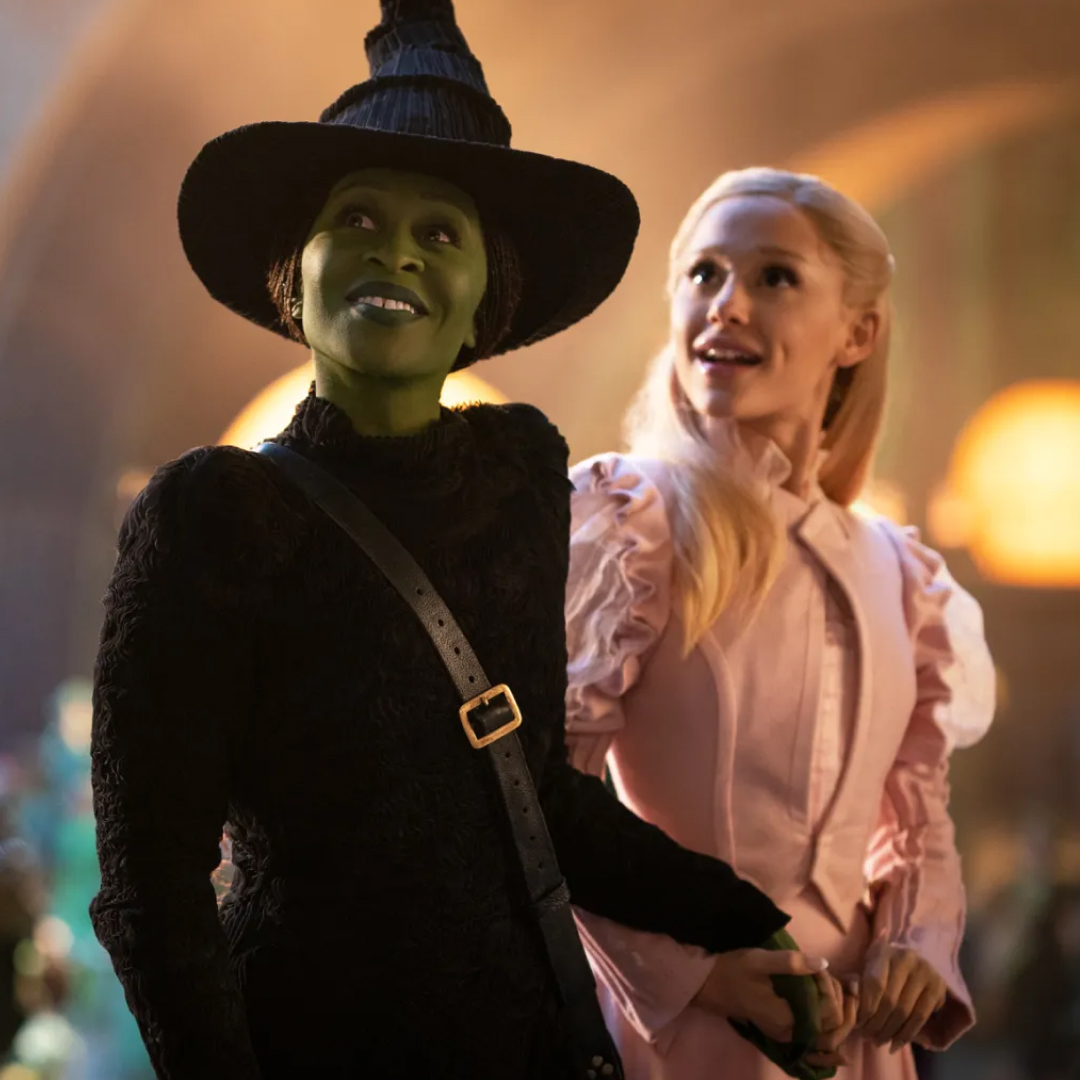 The 50 Best Movie Musicals of All Time
The 50 Best Movie Musicals of All TimeAll the dance numbers! All the show tunes!
By Amanda Mitchell
-
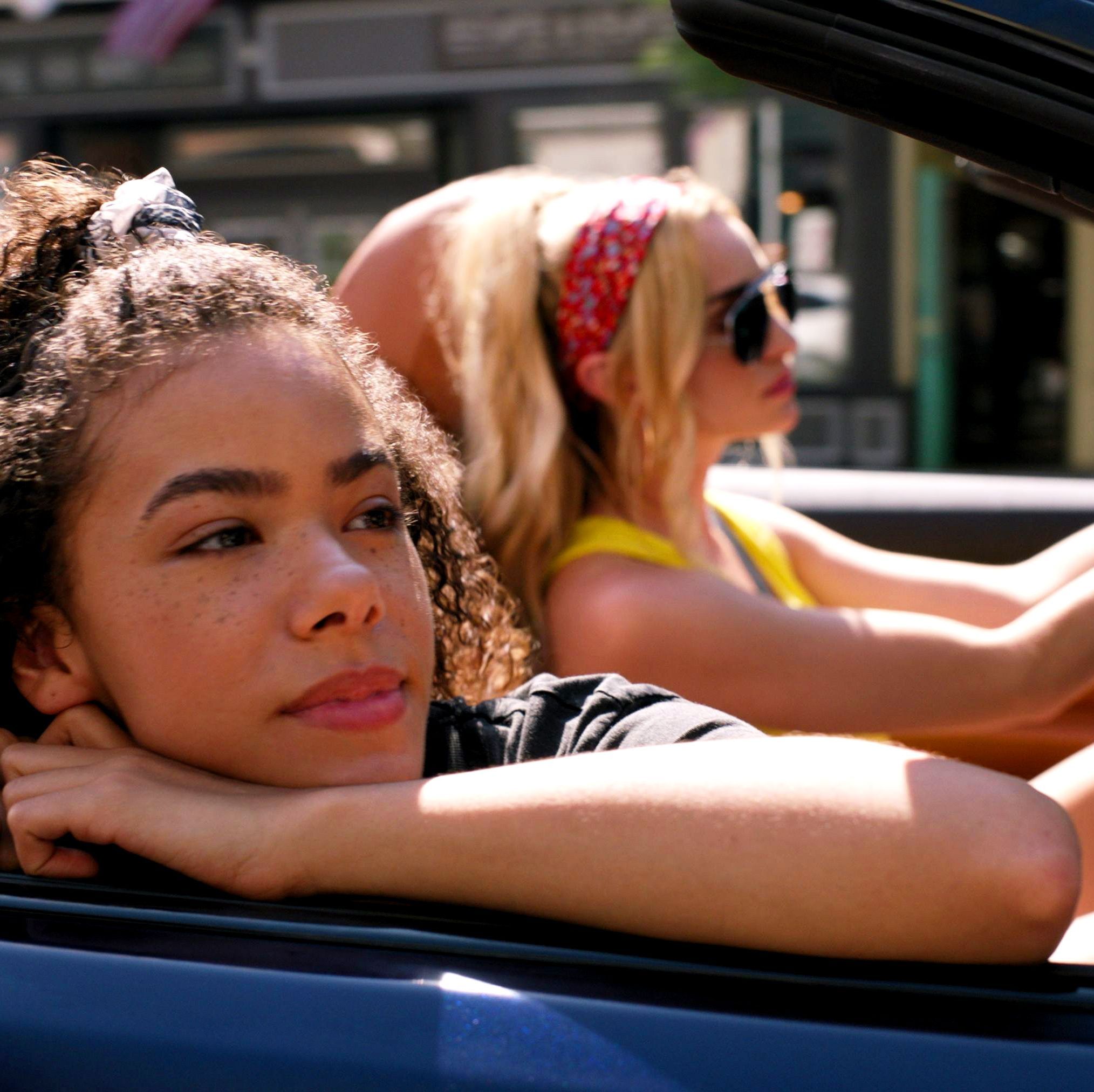 'Ginny & Georgia' Season 2: Everything We Know
'Ginny & Georgia' Season 2: Everything We KnowNetflix owes us answers after that ending.
By Zoe Guy
-
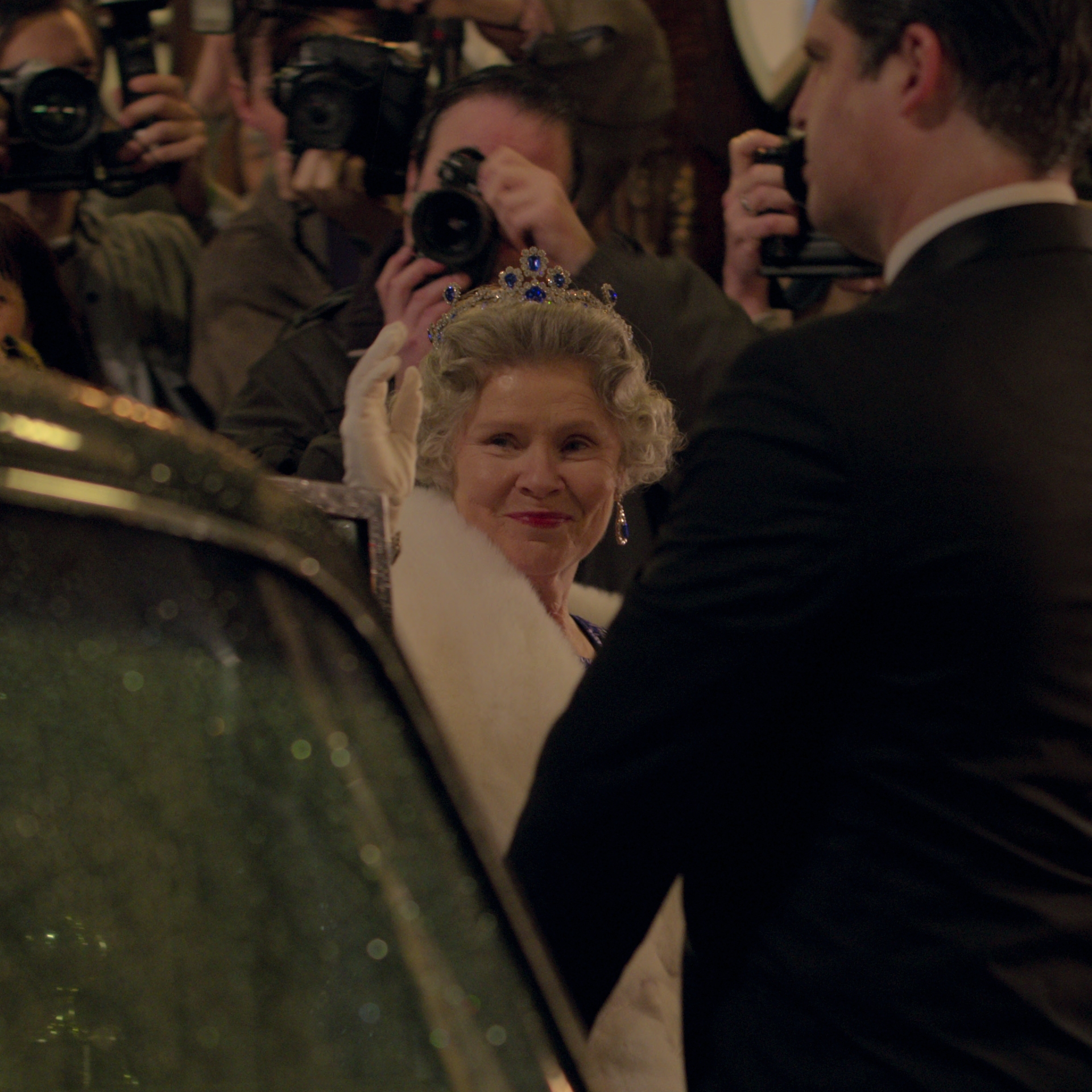 The Cast of 'The Crown' Season 5: Your Guide
The Cast of 'The Crown' Season 5: Your GuideFeatures The Mountbatten-Windsors have been recast—again.
By Andrea Park
-
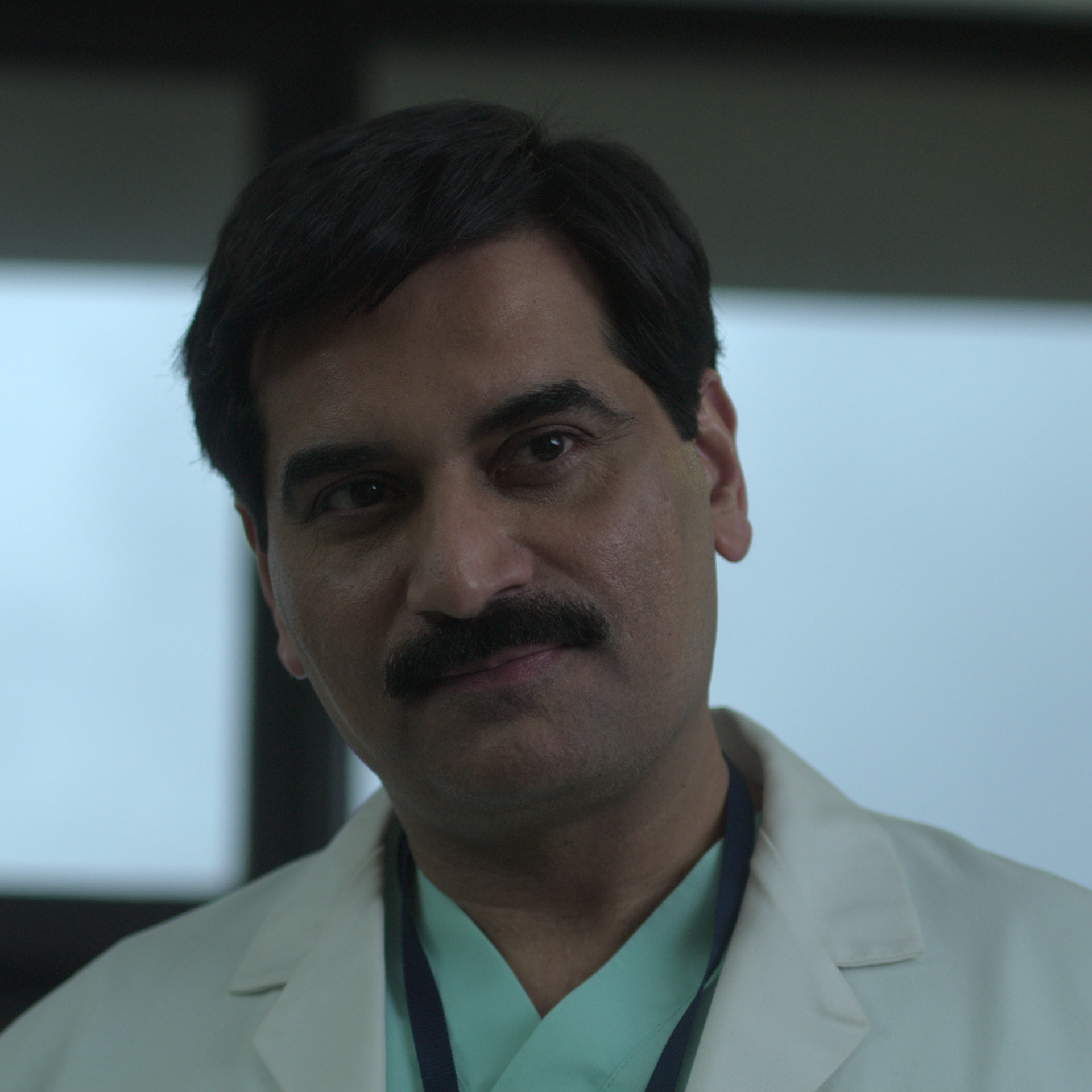 Who Is Hasnat Khan, Princess Diana’s Boyfriend on Season 5 of ‘The Crown’?
Who Is Hasnat Khan, Princess Diana’s Boyfriend on Season 5 of ‘The Crown’?Features Di’s friends have said she referred to the doctor as \201cthe love of her life.\201d
By Andrea Park